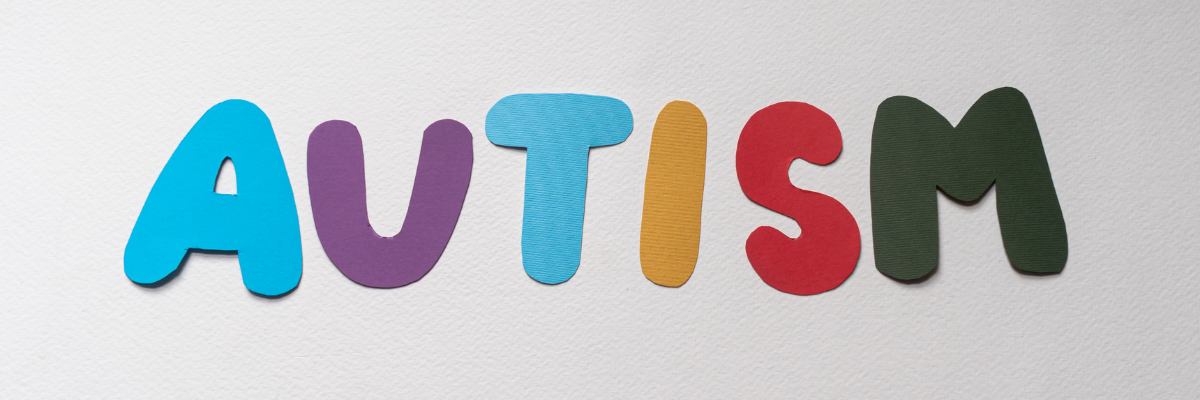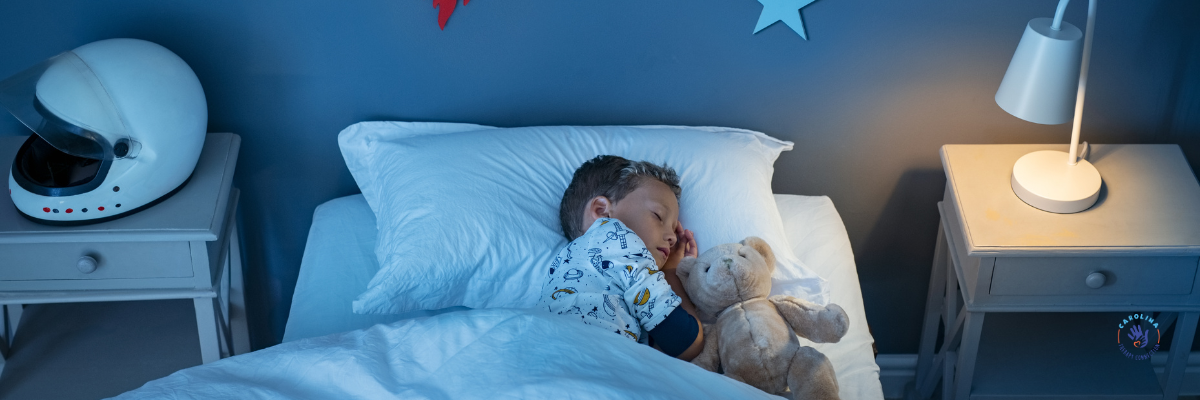April is a time of vibrant colors and fresh beginnings, but it holds a deeper significance for many families. It’s Autism Awareness Month, a month dedicated to shedding light on autism spectrum disorder (ASD), celebrating neurodiversity, and fostering understanding and acceptance.
What is Autism Awareness Month?
Autism Awareness Month is dedicated to increasing understanding, acceptance, and support for individuals with autism and their families. It aims to educate the public, dispel misconceptions, and encourage inclusive practices across communities.
Understanding Autism: A Spectrum of Strengths & Challenges
Autism is a complex developmental condition that affects communication, social interaction, and behavior. It manifests in various ways, reinforcing the saying, “When you have met one child with autism, you’ve only met one child with autism.” The autism spectrum is broad, encompassing individuals with profound challenges as well as those with exceptional abilities. Each person with autism is unique, possessing their own strengths, interests, and challenges.
Dispelling Myths: The Importance of Awareness & Acceptance
One of the central goals of Autism Awareness Month is to break down myths and misconceptions about autism. Awareness fosters understanding, empathy, and inclusion. It’s about recognizing that different ways of thinking and experiencing the world are not deficiencies but rather valuable contributions to society.
The Role of Education in Autism Inclusion
Education plays a pivotal role in promoting acceptance and inclusion. By learning about autism’s characteristics and how it manifests, we can create environments that support individuals on the spectrum. From classrooms to workplaces, inclusivity starts with knowledge and compassion from all of us.
Celebrating the Strengths & Talents of Individuals with Autism
Autism Awareness Month is also an opportunity to celebrate the achievements and talents of individuals with autism. Many excel in areas such as art, music, mathematics, and technology. By highlighting these talents, we challenge stereotypes and showcase the diverse strengths within the autism community.
Advocacy & Action: Moving Beyond Awareness
Awareness alone isn’t enough—it must translate into meaningful action. Advocating for policies and practices that prioritize the needs of individuals with autism is crucial. This includes access to healthcare, therapy resources, educational support, employment opportunities, and accommodations that help individuals with autism and their families thrive.
How You Can Support Autism Awareness Month
There are many ways to get involved and make a difference:
- Educate yourself: Learn about autism from reputable sources to understand the diversity within the spectrum and the challenges individuals may face.
- Spread awareness: Share information about autism with your friends, family, and community.
- Support autism organizations: Donate to or volunteer with reputable organizations that provide advocacy and support.
- Foster inclusion: Advocate for accommodations in workplaces, schools, and communities that promote accessibility for individuals with autism.
- Practice empathy and acceptance: Treat individuals with autism with kindness, respect, and understanding. Embrace neurodiversity and celebrate each person’s unique strengths.
Carolina Therapy Connection’s Commitment to Autism Support
At Carolina Therapy Connection, we are dedicated to supporting individuals with autism and their families. As an Autism Certified Clinic, our therapists hold specialized certifications and training to provide high-quality care tailored to the unique needs of children with autism. We continually update our treatment strategies in occupational therapy (OT), physical therapy (PT), and speech therapy (ST) to ensure we are utilizing the latest research-based approaches.
By fostering awareness, acceptance, and advocacy, we can work together to create a world where individuals with autism are valued, respected, and allowed to thrive.
By:
Shelby Godwin, COTA/L, AC










